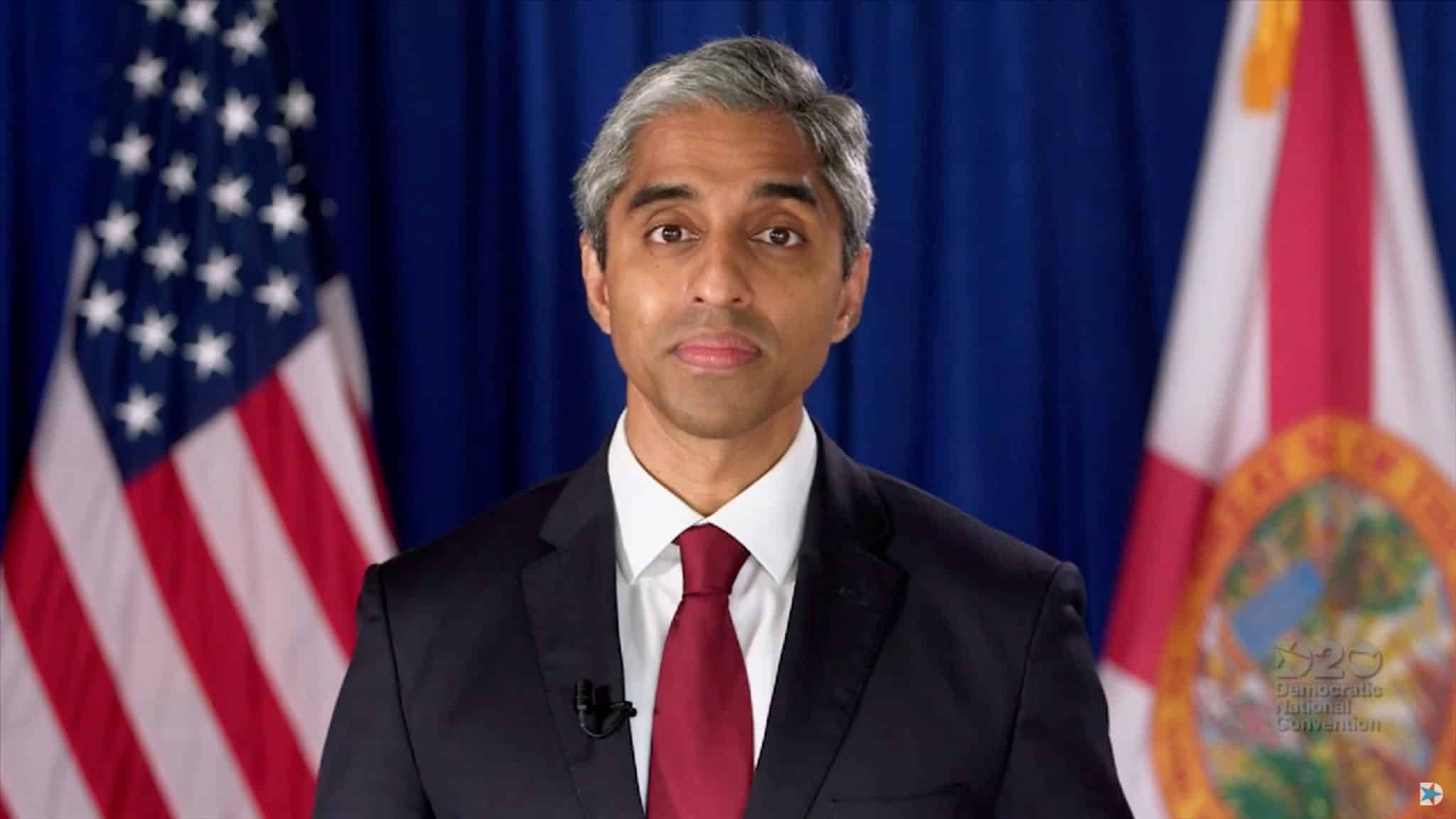With cities and states across the United States reimposing restrictions to tame alarming surges in coronavirus infections and hospitalizations, a senior adviser to President-elect Joe Biden said on Friday there were no plans for nationwide lockdowns next year.
Chicago this week urged residents to stay at home and shun visitors for the next 30 days, which includes the Thanksgiving holiday in late November. New Yorkers will find restaurants closing at 10 p.m. beginning on Friday, and classroom instruction in schools may soon shut down again entirely.
Detroit’s public school district suspended in-person learning starting on Friday, telling students to expect to attend online classes at home until at least Jan. 11.
Some version of this patchwork of localized measures is likely to stay in place after Biden’s inauguration on Jan. 20. The Democratic former vice president beat Republican President Donald Trump in this month’s election.
“We’re not in a place where we’re saying shut the whole country down.” Dr. Vivek Murthy, a former U.S. surgeon general now leading Biden’s coronavirus advisory board, told ABC’s “Good Morning America.”
“Right now the way we should be thinking about this is more like a series of restrictions that we dial up or down depending on how a bad spread is taking place in a specific region,” he said.
Dr. Anthony Fauci, the top U.S. infectious disease expert serving on the Trump’s coronavirus task force, said on Thursday that he had had no contact with Biden’s transition team, but his advice for them would be the same as it is for Trump: social distancing, avoiding crowds, wearing masks, washing hands.
“Public health principles don’t change from one month to another or from one administration to another,” he said in an interview.
Surges in COVID-19 infections are alarming officials across the United States, home to the deadliest outbreak of the global pandemic, with more than 100,000 new cases detected each day. The country has reported a seven-day rolling average of more than 1,000 deaths in the past six consecutive days, a trend last seen in August.
Trump, who recovered from his own bout with COVID-19 after being hospitalized in October, has disdained the wearing of face masks and other containment measures advocated by public health experts.
On Friday, the Washington Post reported that more than 130 U.S. Secret Service officers assigned to protect Trump and his White House colleagues have been forced to isolate or go into quarantine after either testing positive for COVID-19 or coming into close contact with an infected coworker.
Midwest surges
COVID-19 cases more than doubled in 13 states in the past two weeks, most of them in the Midwest, led by Iowa, Minnesota, Michigan and Illinois, according to a Reuters tally of figures reported by U.S. public health agencies.
Dr Robert Kim-Farley, an epidemiology professor at the Fielding School of Public Health at the University of California, Los Angeles, attributed some of the surges to recent Halloween celebrations. He warned of more to come if Americans ignored advice to avoid traveling and gathering for Thanksgiving and Christmas.
“This holiday season is a very critical one for us and we just have to realize that it cannot be business as usual,” he said in an interview.
Chicago Mayor Lori Lightfoot told reporters on Thursday that the average number of new cases in the city has jumped from 500 to 1,900 per day over the last month, and the rate of coronavirus tests coming back positive tripled to 15% from 5%.
In New York City, the seven-day rolling average of positive tests continued to creep up to the 3% threshold that Mayor Bill de Blasio has said will trigger the reclosing of schools and the return of wholly virtual learning. That rate stood at 2.83% as of Friday morning, de Blasio said during his weekly appearance on WNYC’s “The Brian Lehrer Show.”
“People should get ready,” he said. “Have an alternative plan for beginning as early as Monday.”
(Reporting by Doina Chiacu in Washington, Julie Steenhuysen in Chicago, Anurag Maan in Bangalore; Additional reporting by Jonathan Allen in New York and Omar Younis in Los Angeles; Editing by Bill Berkrot and Alistair Bell)

























 Continue with Google
Continue with Google